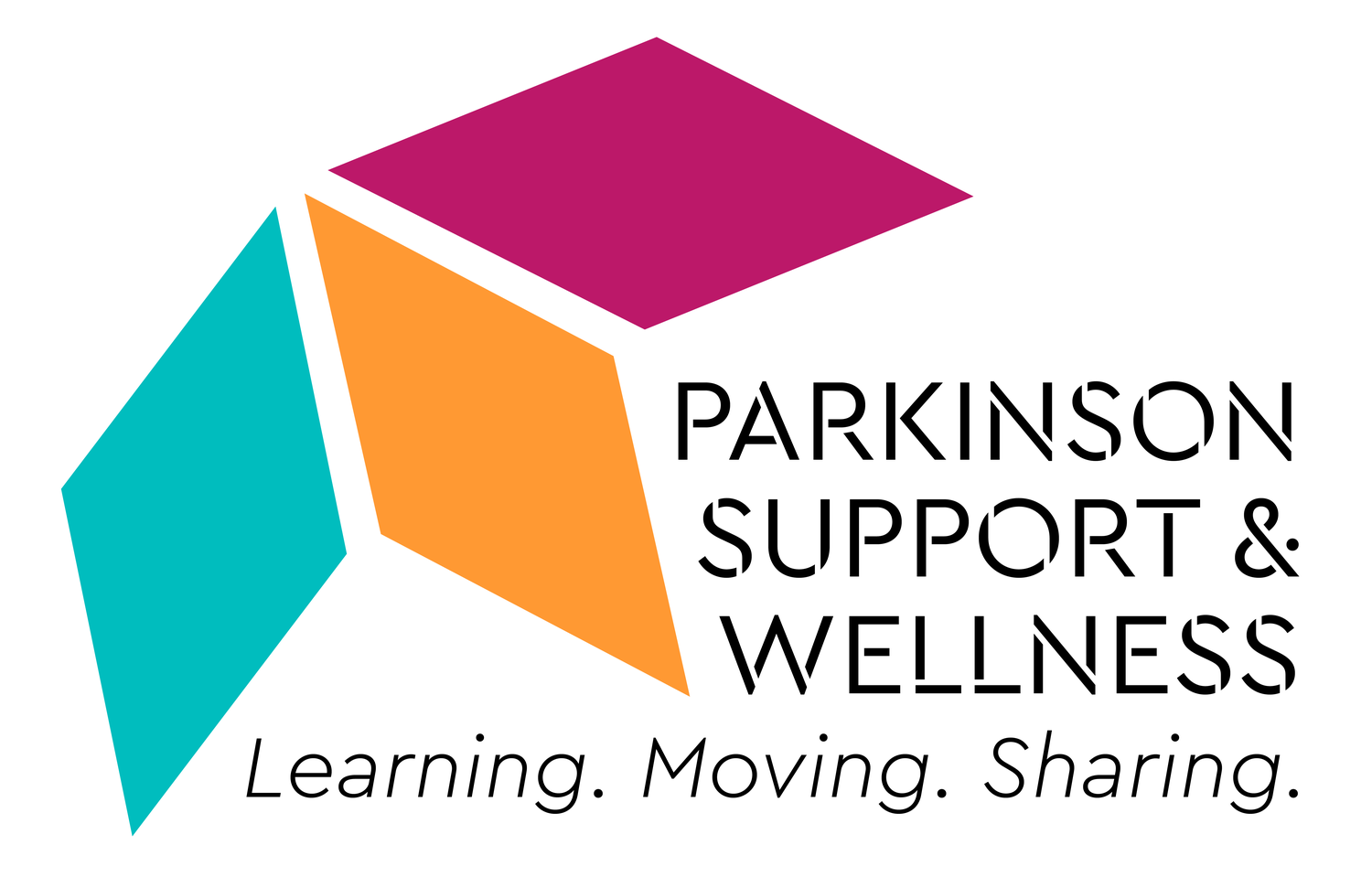By Mary Beth Bialick
Support groups are a safe space where individuals can come together to share their stories and experiences with others. Support groups are focused around a common concern; in this case Parkinson's Disease. Support group content is driven by the folks who are attending the group with the assistance of a group facilitator. The facilitator's responsibility is to have the physical setting arranged, the day and time frame set, to welcome the participants, to make sure introductions are made and to briefly discuss the purpose and guidelines for the group. The pandemic has been a challenge for all of us but groups were necessary and many transitioned to zoom format in order to keep folks connected. As we hopefully move through the pandemic our in person support groups are being restarted but we have decided to continue with monthly zoom groups to accommodate those who may have difficulty traveling or chose to attend from outside the area. We are meeting the second Monday of every month with Care Partners at 1 PM to 2:30 & persons with PD at 3 PM to 4:00. These zoom support groups are open to all and provide an opportunity to meet others living with PD as a part of their life. Many have heard the comment “if you know one person with PD you know one person with PD”. This recognizes why the snowflake is sometimes viewed as a symbol of PD. Each person with the diagnosis of PD has a unique and individual story to share. However, meeting together with others to share the PD journey can provide an opportunity to find some similarities, can offer some common group, can be a source of encouragement and hope and can be a lifeline to those who feel all alone in facing the challenges of PD. Support groups are a space to laugh, cry, commiserate, share, and I hope, gain a sense of reassurance that you are not alone and that there are others who are on a similar journey.
Please reach out to the PSW office to be added to the zoom support group list or to find an in person group. Support groups are not always for everyone but sometimes they can be a lifeline in a time of need.

